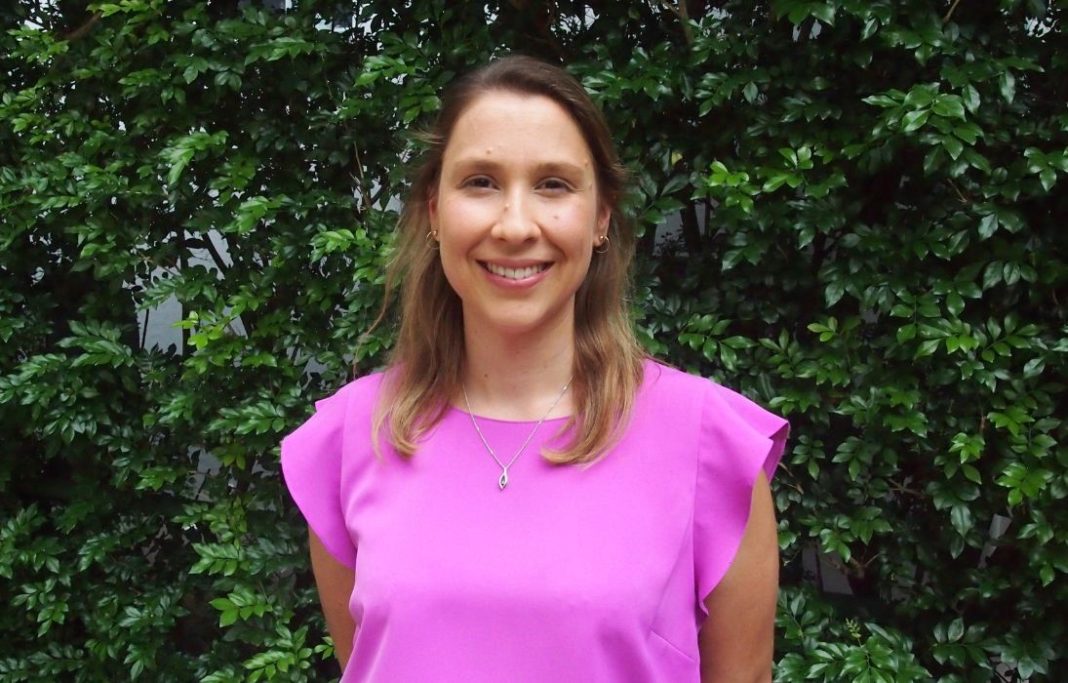E-cigarette use is seen as widespread, common and normal among young Australians even though hard data indicate that the clear majority of teens have not vaped, a first-of-its-kind study from The Australian National University (ANU) shows.
The study’s findings confirm that young Australians overestimate vaping’s overall popularity.
Until now, no studies in Australia have explored social norms concerning e-cigarettes among adolescents aged 14 to 17 years.
The study, which examined the views of young Australians in New South Wales, is part of the Generation Vape research project, led by the Cancer Council NSW and the University of Sydney.
Lead author and ANU PhD student, Amelia Yazidjoglou, said that perceptions around vaping are linked with e-cigarette initiation and future use, and although adolescents are particularly susceptible to the health impacts of e-cigarettes and their use is increasing, little evidence on adolescent social norms exists.
“Understanding social norms is crucial as they are a big driver of behaviour. There is little research internationally, particularly in adolescents, and no Australian study has explored adolescent norms in depth,” she said.
“Before you can make any targeted health campaigns, you need to know about these norms and what’s influencing adolescent behaviour.”
Participants described e-cigarette use as common, with abstinence considered atypical. One participant said that it was often linked to the normalisation of the behaviour.
“It’s so common now, it’s kind of like, normalised … it’s like, standard to do it. It’s not like taboo or anything like that. So, people, everyone just does it,” they said.
The study found that perceived widespread use often served as social proof validating young Australians’ e-cigarette use.
“We know from other data that the large majority of 14- to 17-year-olds have never vaped, with Generation Vape finding in another study that 68 per cent in this age group had never vaped,” Ms Yazidjoglou said. “Clearly, not everyone is doing it.
“Adolescents are overestimating how common vaping in young people actually is, and it’s being used as social proof which is the idea that everyone is vaping therefore this is acceptable.
“The high perceived prevalence of vaping among adolescents is inaccurate and not what we actually see when we look at the data. This needs to be challenged, so young people don’t think it’s acceptable or normal.”
The ANU study sheds light on how e-cigarette use was driven by an internal desire to fit in rather than external “peer pressure” – where peers are encouraging them to vape.
“This idea that adolescents are being directly pressured by others into vaping is not their lived experience,” Ms Yazidjoglou said.
“Many participants associated e-cigarette use with their own desire to fit in and others reported it as a defining feature of their social group.”
One study participant said vaping fostered a shared identity and sense of belonging.
“I guess it kinda is, something that brings people together in a way. Like it brings them together you know? They’re all sharing one you know, and they’re talking,” they said.
The research found that perceived norms were strongly influenced by day-to-day exposure, including e-cigarette promotion and marketing and exposure to vaping in public spaces.
“These exposures create the impression that adolescent e-cigarette use is more common, more normal and more socially acceptable than in reality,” Ms Yazidjoglou said.
“Prevention efforts must reshape adolescent social norms and behaviour by restricting exposure and access to e-cigarettes and advertising and promotion, as well as correcting misperceptions that everyone is doing it.”
The study has been published in Health Promotion International.
Generation Vape is the leading Australian study to survey teenagers about their experiences and perceptions of vapes. It is led by Cancer Council NSW in partnership with the Daffodil Centre and the University of Sydney, and funded by the Australian Government Department of Health, the NSW Ministry of Health, Cancer Institute NSW and Minderoo Foundation.
Get local, national and world news, plus sport, entertainment, lifestyle, competitions and more delivered straight to your inbox with the Canberra Daily newsletter. Sign up here.



